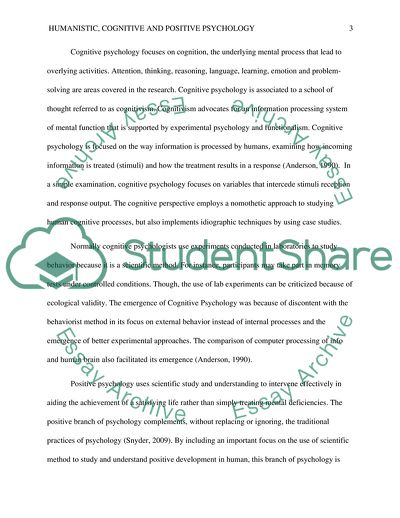Cite this document
(Humanistic, Cognitive and Positive Psychology Essay Example | Topics and Well Written Essays - 1250 words, n.d.)
Humanistic, Cognitive and Positive Psychology Essay Example | Topics and Well Written Essays - 1250 words. https://studentshare.org/psychology/1875212-analyze-humanistic-psychology-cognitive-psychology-and-positive-psychology
Humanistic, Cognitive and Positive Psychology Essay Example | Topics and Well Written Essays - 1250 words. https://studentshare.org/psychology/1875212-analyze-humanistic-psychology-cognitive-psychology-and-positive-psychology
(Humanistic, Cognitive and Positive Psychology Essay Example | Topics and Well Written Essays - 1250 Words)
Humanistic, Cognitive and Positive Psychology Essay Example | Topics and Well Written Essays - 1250 Words. https://studentshare.org/psychology/1875212-analyze-humanistic-psychology-cognitive-psychology-and-positive-psychology.
Humanistic, Cognitive and Positive Psychology Essay Example | Topics and Well Written Essays - 1250 Words. https://studentshare.org/psychology/1875212-analyze-humanistic-psychology-cognitive-psychology-and-positive-psychology.
“Humanistic, Cognitive and Positive Psychology Essay Example | Topics and Well Written Essays - 1250 Words”. https://studentshare.org/psychology/1875212-analyze-humanistic-psychology-cognitive-psychology-and-positive-psychology.


